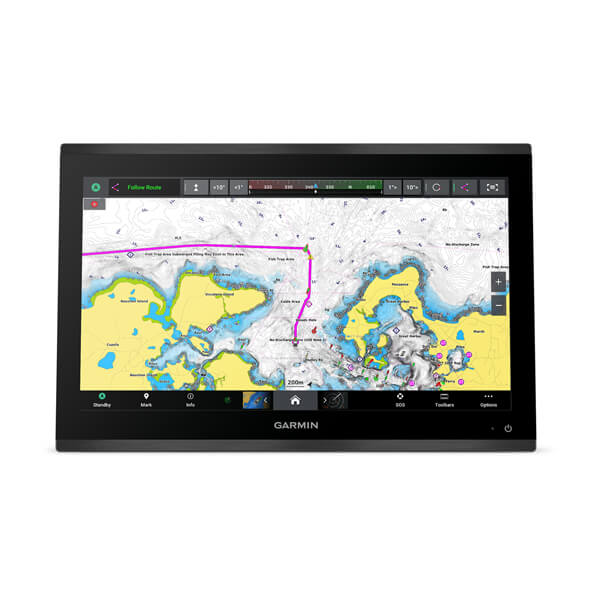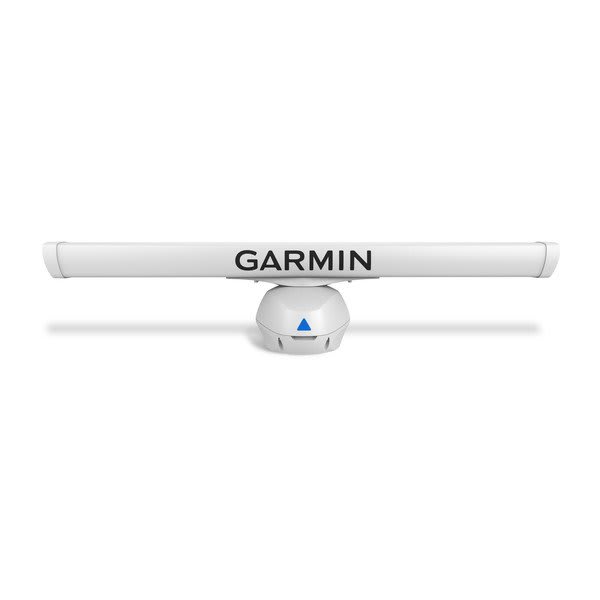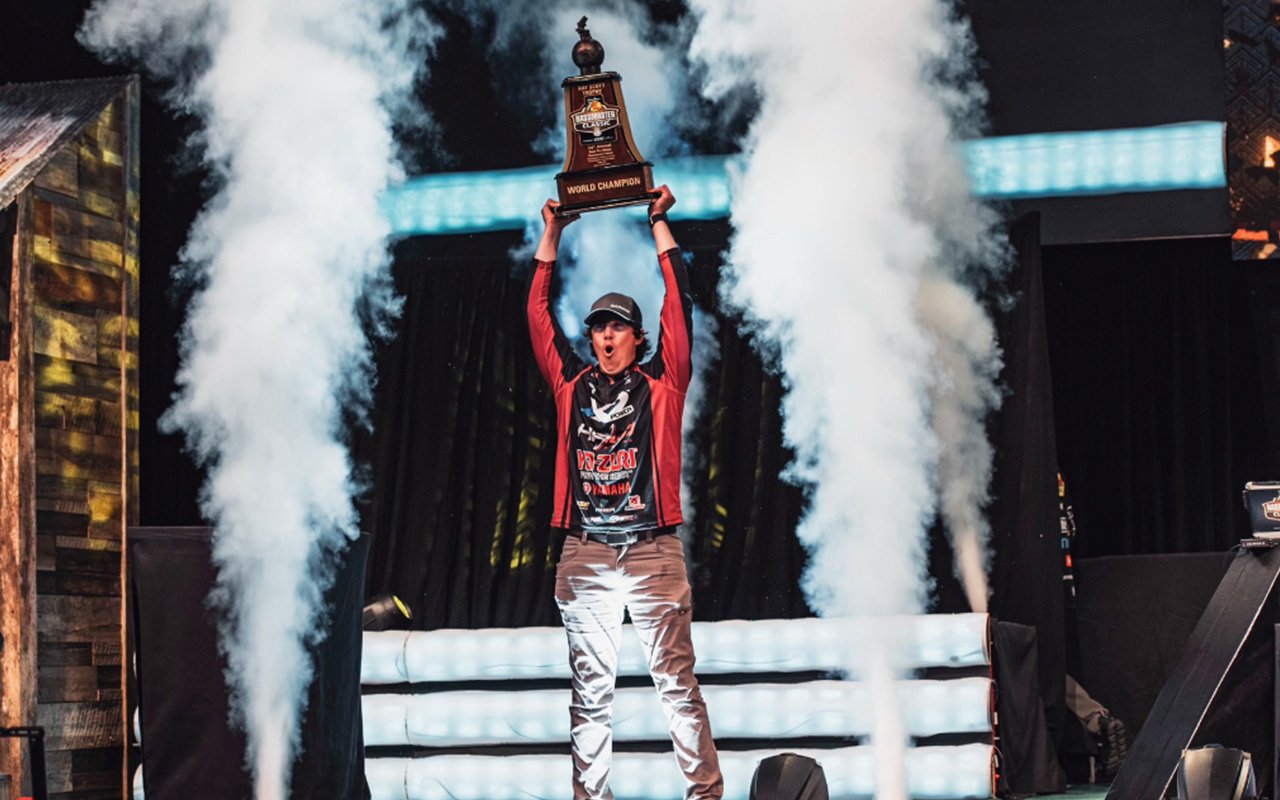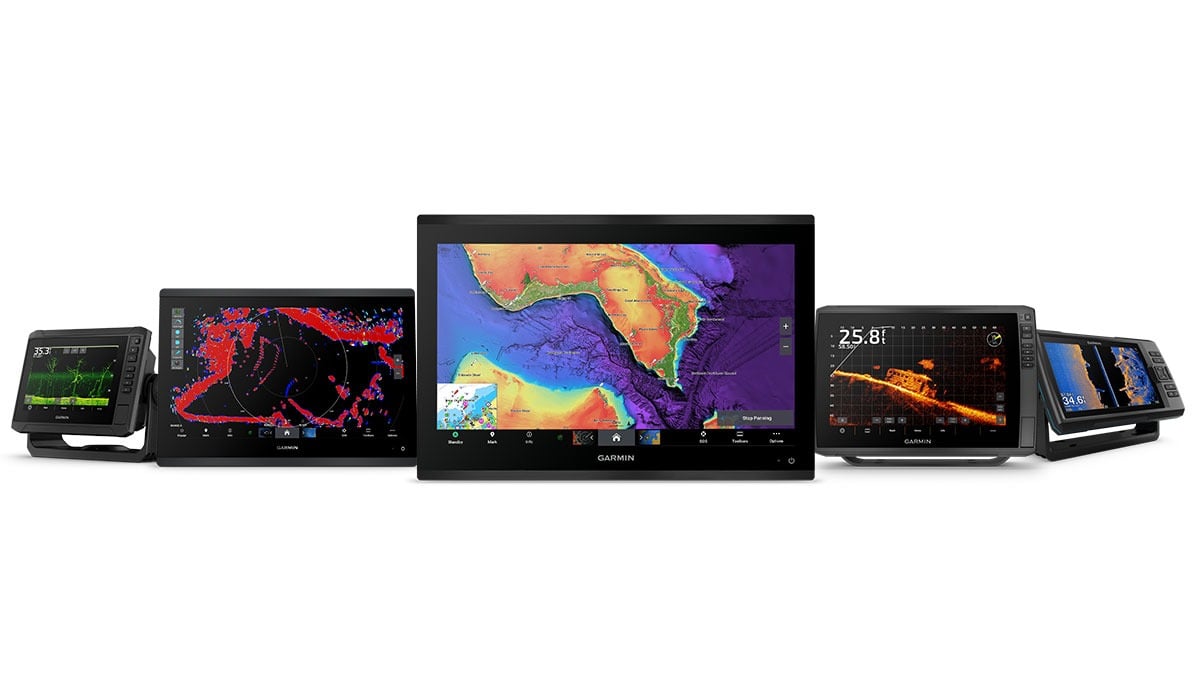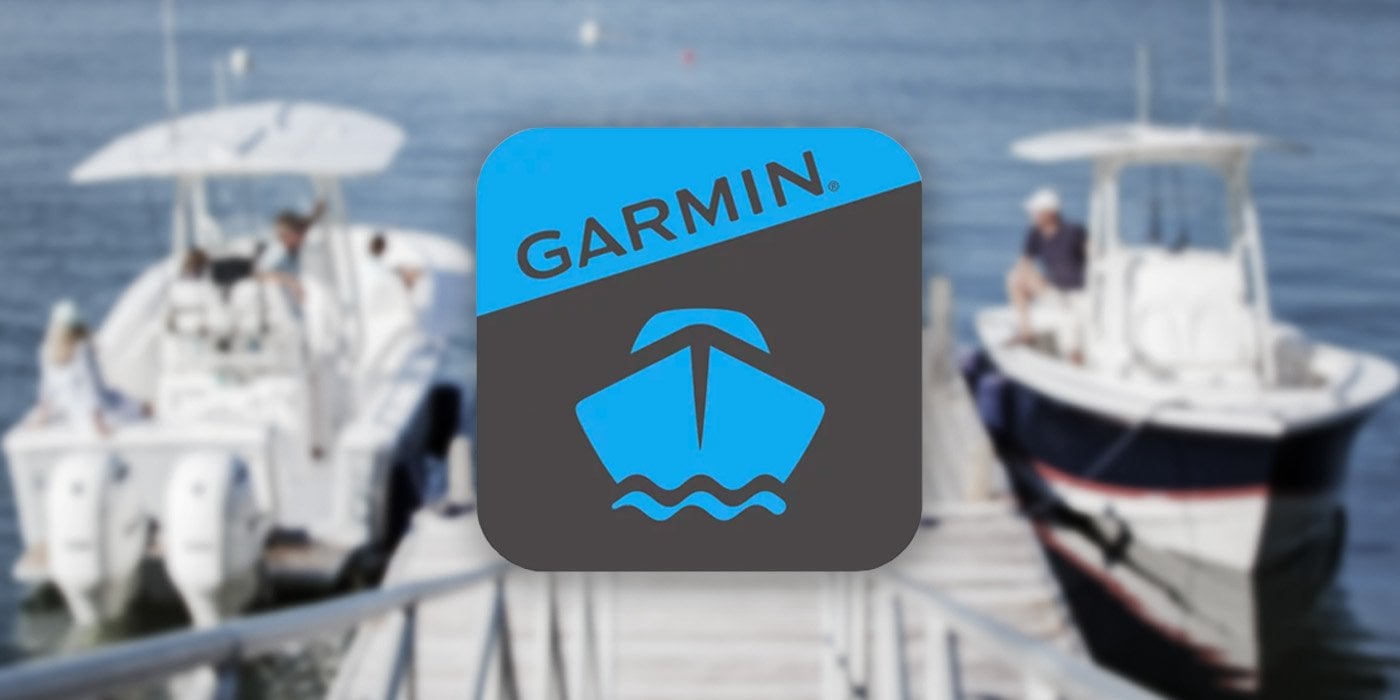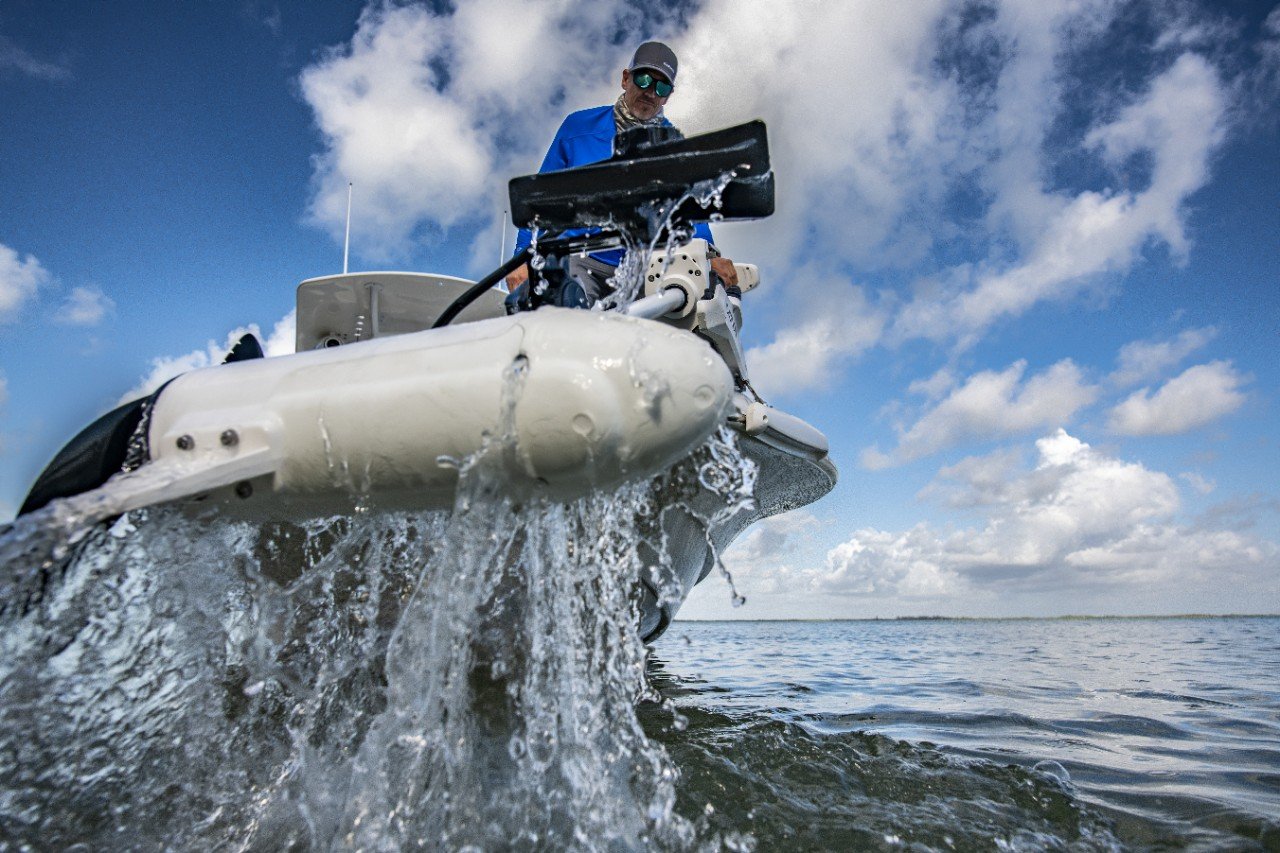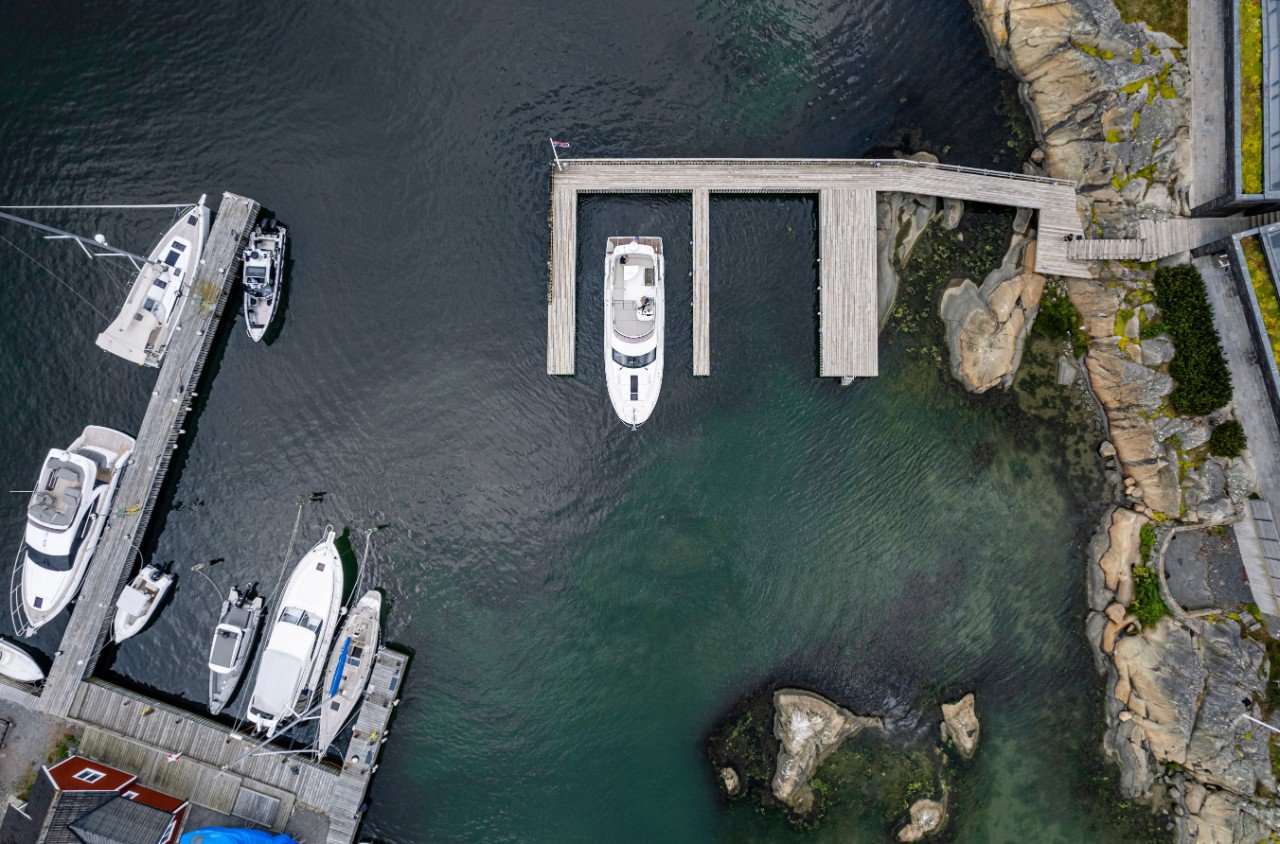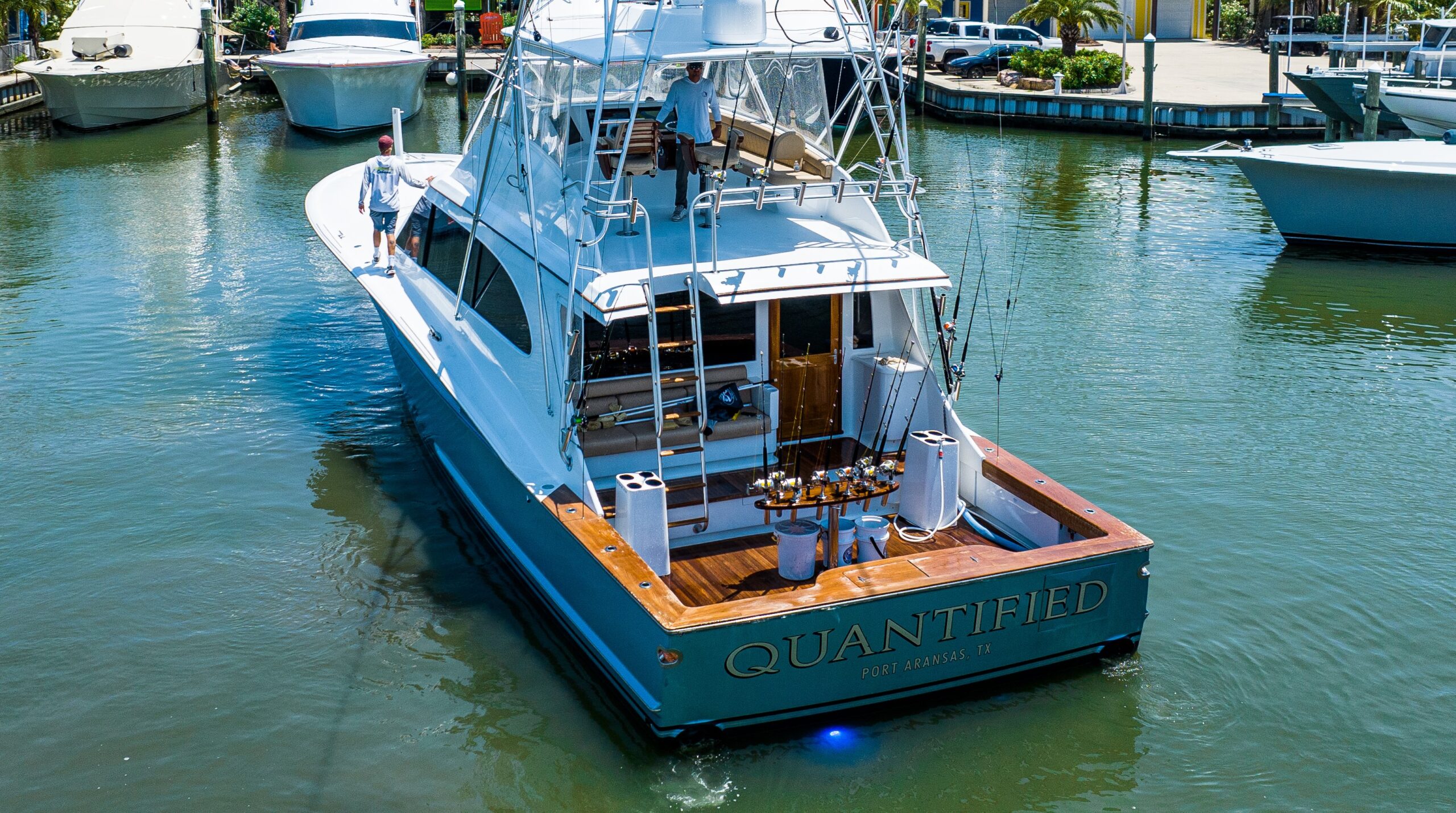
How to Win a Sportfishing Tournament with Team Quantified’s Captain, Justin Drummond
How did Team Quantified bring home two SFC championships in a row? It comes down to the right equipment, the right preparation and a few curveballs for good measure.
All Justin Drummond has ever wanted to do was fish. He grew up in South Padre Island in Texas, near the Mexican border, and his dad ran two charter boats. Fishing wasn’t just for fun. It was a livelihood, and he inherited the skill from his father just as other children inherit brown hair or green eyes. Really, there was never a choice — and he isn’t complaining.
“I don’t know anything else,” says Drummond. “If I didn’t have this, I don’t know what I’d be doing.”
It’s not likely that he’ll need to consider other career paths anytime soon. The captain of the Quantified, Drummond and his team brought home their second Sport Fishing Championship (SFC) check this year — a cool one million. They also earned the Gulf Division Championship for their second year in a row, a feat accomplished by winning four different tournaments and 10,500 points.
“Once I got a little taste of the gold,” he says, “it was like there was no looking back. You know that you’re capable now once you get first one time, and then you get a taste the second time — man, anything other than gold now, and we feel like we’re selling ourselves short. We know what we’re capable of.”
At 41 years old now, Drummond’s got a lifetime of experience on the water — but it takes a bit more than simply being familiar with the culture to guide your crew to successive SFC victories.
Prepping for any given tournament, he says, begins months in advance. He starts checking the boat’s mechanics, from the engines down to the generators and the battery charges — the things that will keep them from having to waste precious time on equipment malfunctions. The Quantified’s tech is primarily Garmin. “Autopilot, all my navigation, screens — everything’s going to be Garmin. It’s user-friendly, and the charts — I wouldn’t have it any other way for my navigation equipment.”
But equipment alone doesn’t necessarily guarantee victory either.
“I’m not sleeping at night. Wheels are just spinning always, as far as preparation goes. It’s coordinating which crew members, what mates, what are we going to do, what style, who’s going to be the right style for how we’re going to attack? It’s just being a total psychopath about it and dedicating every ounce of energy you’ve got,” he says. “You almost end up neglecting your family sometimes. If you don’t put that into it, then you’re going to get beat by somebody that does.”
He credits his wife for holding things down while he’s in tournament mode, noting that you’ve got to put every once of energy into the job.
“If there’s one leaf left unturned, then you get beat by the guy that made sure to dot all his I’s and cross all his t’s, you know?”
If Drummond’s preparation period is more intense than his competition’s, the difference is almost mild in comparison to his mentality about tournament mode.
“The number one biggest thing that sets us aside from some of the other teams is more days on the water,” he says. “Say if there’s a tournament that I’m preparing for that’s fishing days are Friday and Saturday, I’m fishing Monday, Tuesday and Wednesday and giving myself Thursday to rig bait and turn around anything I need for Friday and Saturday,” he says.
“More days on the water is the biggest preparation. That’s the way you learn water movement. You put together something on the couch at night, go follow it up the next day and put some sort of science to it.”
Here, again, Drummond relies on his Garmin marine tech. He uses the charts, relief shading and satellite imagery to map out a plan for the next day, and then goes to explore his theories in the morning. It’s recon, he says.
“It’s more competitiveness, putting together all those satellite shots, and then the biggest piece of the puzzle is going out there and proving it to yourself so that you can create something in your head. That, between the science of the water shots and then what you physically see and do that day — that gives you the confidence to make a decision when you start Friday morning on the tournament.”
“You go out there with a satellite shot, and if you strike out — well, that ain’t going to work out,” he says. “Throw the dart in a different direction the next day. If you can duplicate the days and create a pattern, that’s just easy math. In any business, you find something that works.”
But winning isn’t just about understanding the nature of the water and the fish — it’s also about understanding your competition, and how to adapt based on what they’re out there doing.
“If a whole fleet of 80 boats knows where the fish have been going on one spot of an area, then those boats are going to divvy up the bites,” Drummond says. “So have something in your back pocket. In 50 miles in the other direction, you might have fewer bites, but no one is out there. It’s not monkey-see, monkey-do. I’m going to roll the dice that those 80 boats are going to divvy up the 25 bites, and each boat is going to see maybe 3 or 4. I’m going to go out to where I know I can get 10 bites by myself. It all comes down to strategy.”
That’s not to say, though, that he doesn’t work in curve balls as well. If your competition sees you on the water when you’re prepping prior to the tournament, they’re logging that information in their heads.
“If they think you’ve been grinding this one hole every day, you can throw them off when they see that Quantified’s not there,” he says.
It’s all in the art of the game.
And what’s on deck for Drummond and team Quantified now that it’s the off season?
“There ain’t no off season,” he says. “We’re just going to keep going.”
